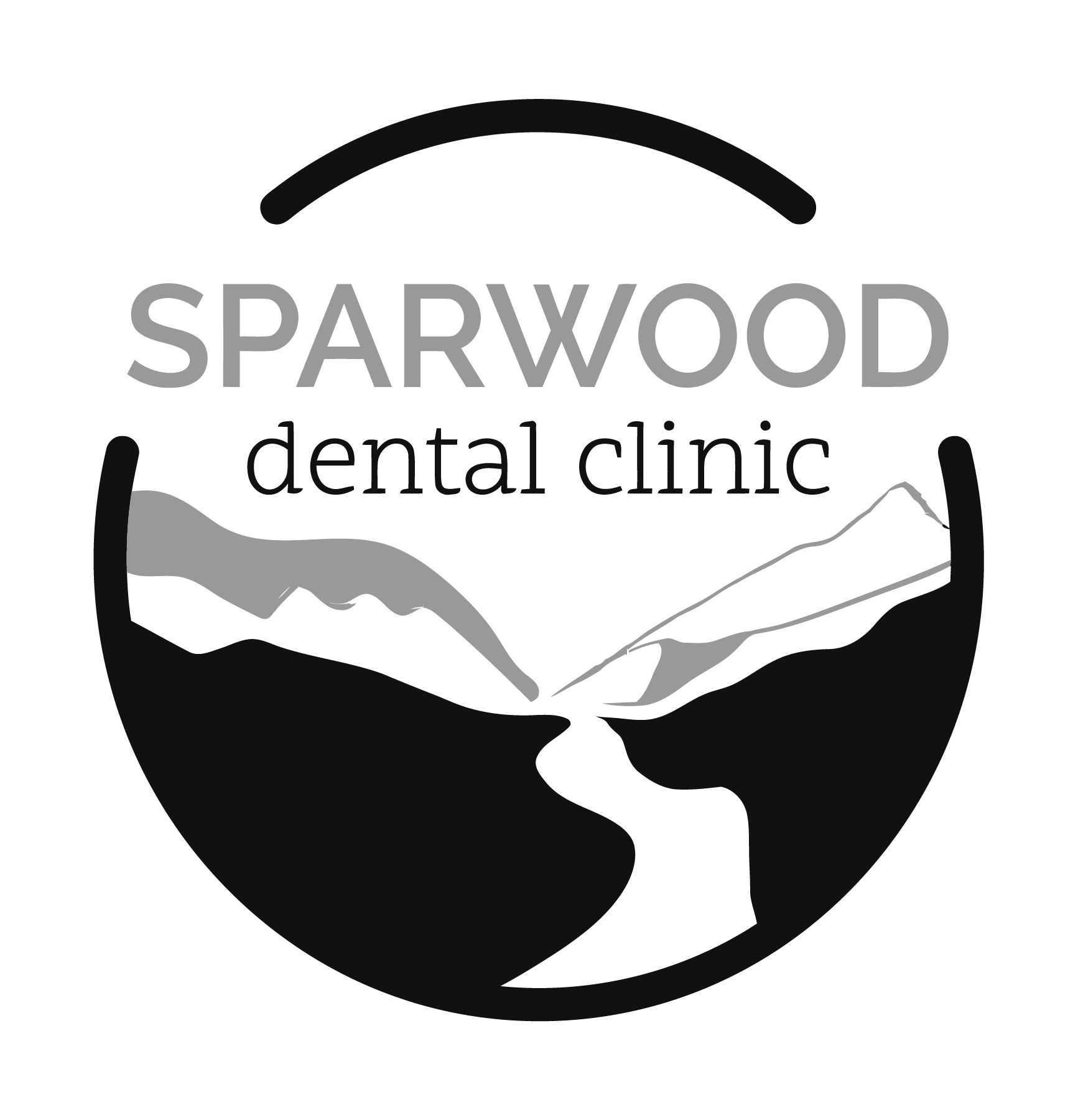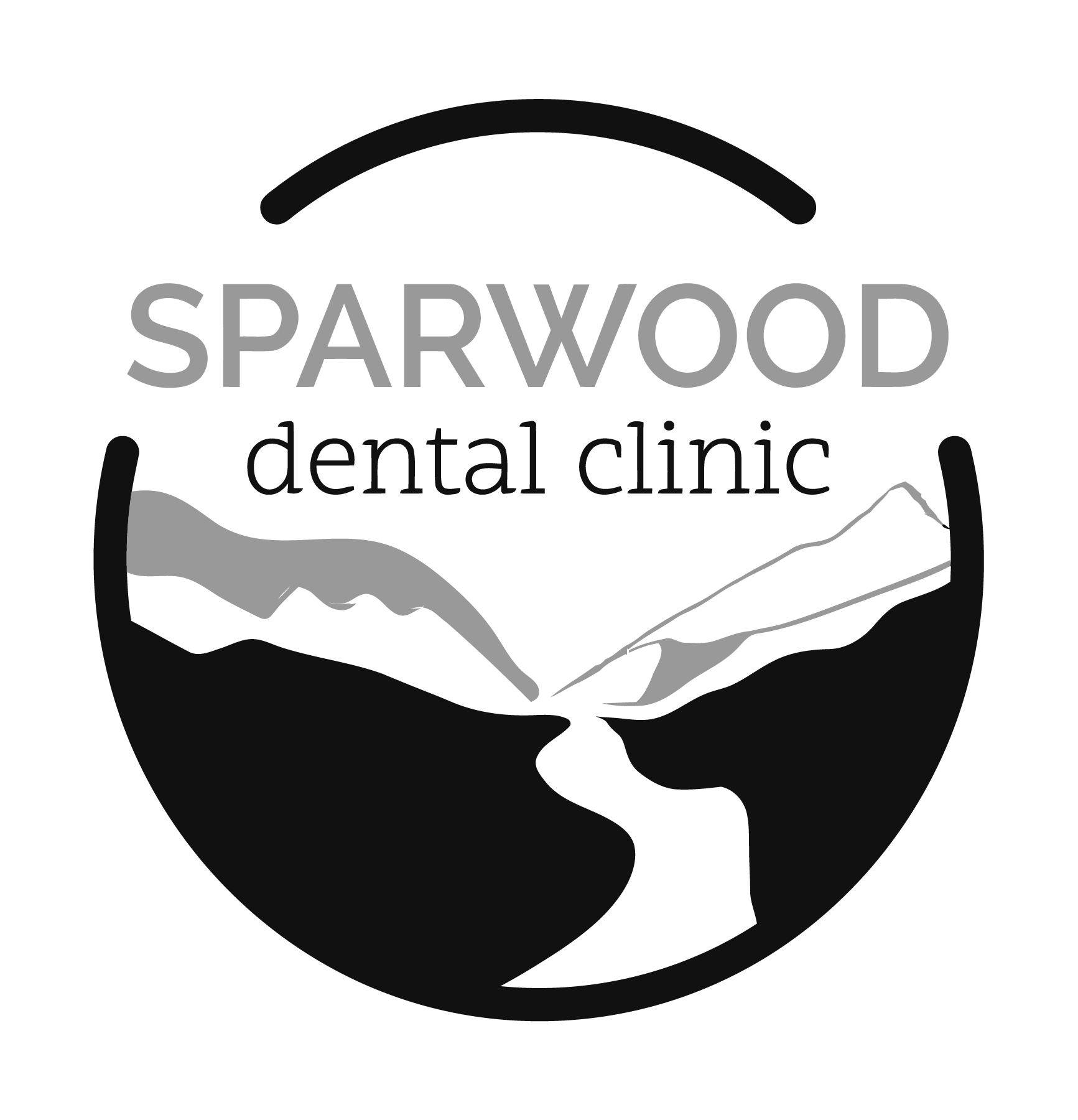Reviewing The Importance Of Healthy Gums
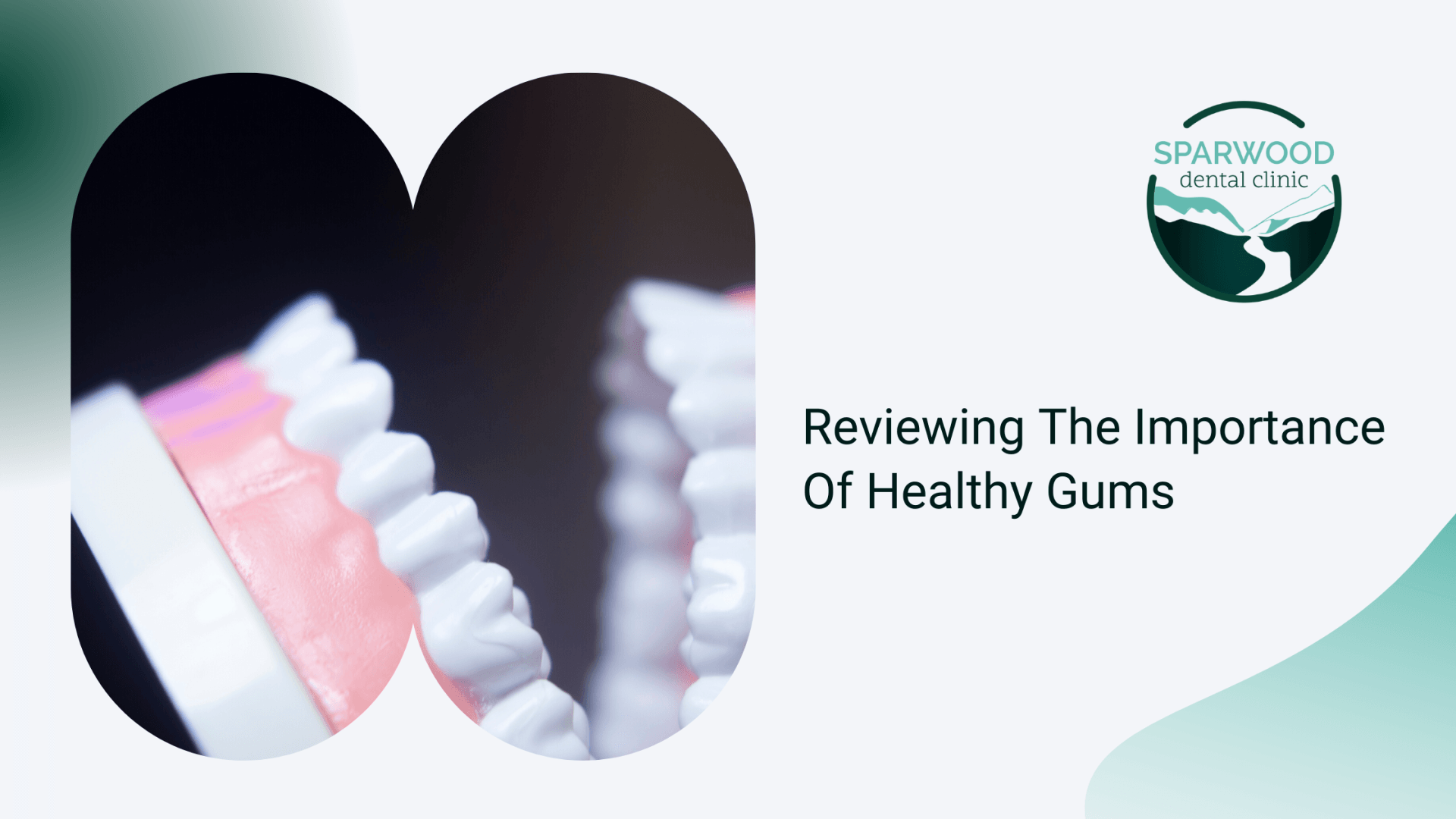
Gums often take a backseat to the aesthetic appeal of teeth on a scale of importance in one's oral health. After all, teeth are front and center as you greet someone, or the mirror's reflection, with a smile, overshadowing the presence of gums. Yes, they do co-exist and each deserves ample care, but it is the gums that, when disregarded, can consequently have a devastating impact on your health that goes well beyond the mouth.
Can Gum Disease Affect Your Overall Health?
Gum disease, an infection of the tissues that support your teeth, primarily stems from plaque build-up that releases bacteria. Certain patients that are more vulnerable to gum disease will notice their bodies over-react to the bacteria surrounding the gums and produce excess inflammation. Other patients will be left with inflammation that doesn't clear up sufficiently. Such severe gum inflammation affects the bloodstream, slowly damaging blood vessels in the heart and brain over an extended period of time.
As a result, gum disease can increase your chances of experiencing various health complications, including stroke, diabetes, heart disease, and rheumatoid arthritis, while also being associated with issues tied to pregnancy and dementia. Despite the well-known and evidence-based link between oral health and the overall state of the body, only one in six patients realize that gum disease might enhance the risk of suffering from diabetes or a stroke. On top of that, merely one in three are aware of the heart disease connection with gum disease.
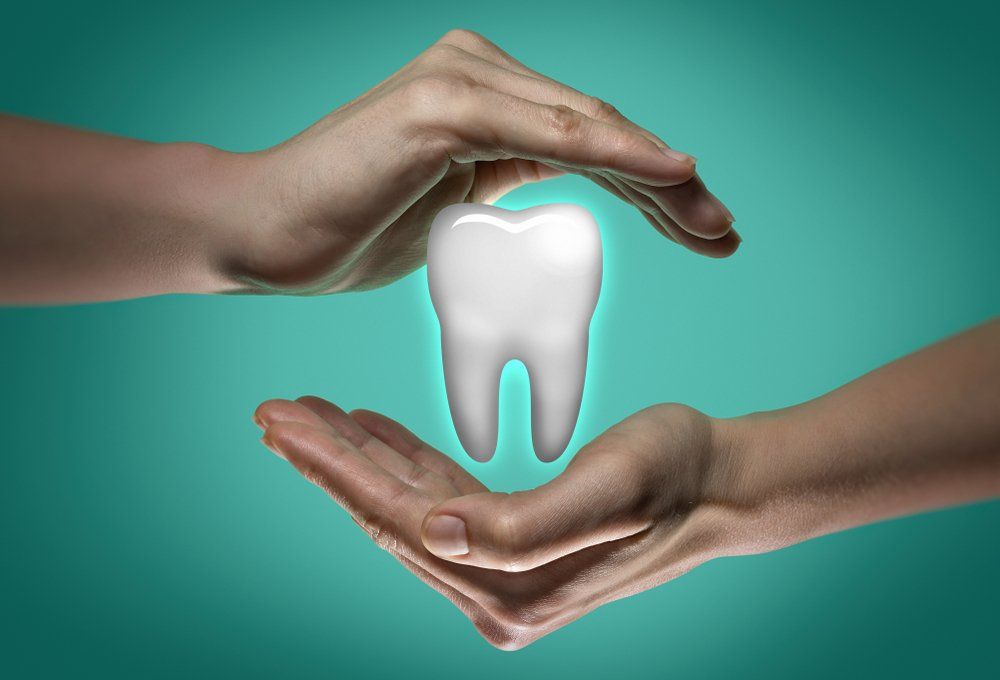
Signs and Symptoms of Unhealthy Gums
There is an abundance of tell-tale signs to be on the look-out for in recognizing the onset of gum disease:
- Swollen or puffy gums
- Gums that feel tender when touched
- Bright red, dusky red, or purplish gums
- Gums that are prone to bleeding rather easily
- Blood in the sink after brushing or flossing
- Bad breath
- Pus found between your teeth and gums
- Uncomfortable chewing
- Loose teeth or loss of teeth
- New spaces developing between your teeth
- Changes in how your teeth fit together during a bite
- Gums that seem to pull away from your teeth and make the latter appear longer
If you are experiencing one or more of these symptoms, please see the dentist at your earliest convenience. Seeing your dentist is the only way to diagnose onset gum disease and to begin preventative treatment.
Tips For Long-Term Gum Health
For patients who are unsure of how to prevent periodontitis, the following steps should be followed:
Great Oral Hygiene: brush your teeth twice per day, once in the morning and again prior to bed, devoting two minutes to each session. And don't forget to floss daily because it cleans away loosened food particles and bacteria. Good oral hygiene is essential in preventing the growth of an environment around your teeth that is beneficial only to the specific bacteria that causes periodontal disease.
Regular Dental Appointments: visit your dentist or dental hygienist routinely for cleanings, ideally every six to 12 months. Professional cleanings might be needed more frequently for those who have risk factors that increase the likelihood of experiencing periodontitis, including dry mouth, the use of certain medications, or smoking habits.
Watch What You Consume: first and foremost, avoid smoking or, for that matter, any tobacco products, because they are extremely harmful towards your teeth and gums. Put a limit on the volume of junk food and candy that you eat, especially those loaded with extra sugar and starch, since bacteria in your mouth uses those ingredients to unleash acids that attack tooth enamel. A nutritional diet aids your immune system in its efforts of repelling infection. Find foods with antioxidants, such as vegetable oils, nuts, green vegetables, potatoes, and citrus fruits, as they can help your body repair any negatively affected tissue. After every meal, feel free to rinse your mouth with water, dislodging any food particles that are between the teeth.

Periodontics Specialty Explained
Periodontics is a branch of dentistry that concentrates on the treatment of oral structures that surround and support your teeth. This treatment applies to the jawbone, the gums, and the surrounding oral tissue, all of which can see a detrimental effect caused by plaque build-up that produces gingivitis and gum disease. A periodontist offers a means of preventing, diagnosing, and treating gum disease, in addition to placing dental implants when necessary. Within this profession, they are often relied upon to handle more particular periodontal cases, like those with severe gum disease or a complicated medical history.
Types Of Periodontic Treatment
Periodontists are capable of performing a number of treatments that can preserve your oral health and protect your gums:
Root Planing & Lasers: this process involves the gentle removal of tartar (hardened plaque) from along and beneath the gum line with the use of a dental scaler. A painless procedure, it is commonly featured in your general dentistry checkups, though patients who are experiencing mild gum disease (gingivitis) could have it performed to assist in clearing the bacteria that was responsible for the gum infection, allowing the receding gums to naturally re-attach themselves to the teeth. Periodontists, due to recent advancements in the field, can even kill the specific bacteria along the gum line and eliminate infected gum tissue in order for the gums to attain the aforementioned re-attachment.
Gingival Grafts & Gingivectomies: if a patient's gum disease has surpassed the mild stage of gingivitis, then a surgical periodontal treatment, with the utilization of local anesthesia, could be necessary. Gingival grafting, or gum grafting, is one such option, as your periodontist will gently graft a small amount of tissue from a separate area (typically the roof of your mouth) and add it to the receding or diseased gums for support purposes. Gingivectomies, reserved for patients with severe gum disease that has deteriorated their gums, is a treatment that depends on lasers to remove the infected gum tissue from the deep pockets of bacteria that form beneath the gum line.
Crown Lengthening: a periodontist can also perform a crown lengthening procedure, a resolution for patients who lack the natural tooth surface that is needed for a dental crown or cavity filling to attach to. Patients with deteriorated teeth from periodontal disease will generally encounter this and a crown lengthening is the most sensible solution.
Learn about dental and facial treatments available at Sparwood Dental Clinic, HERE.
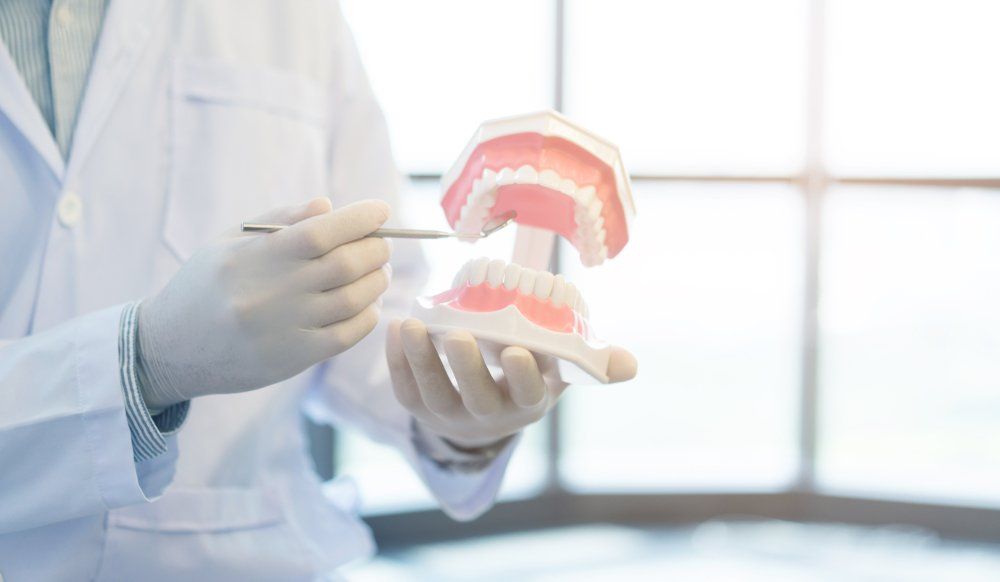
In conclusion, your gum health is just as important as the aesthetic appearance of your smile. By understanding the warning signs of gum disease, together we can help prevent the need for periodontic treatment. By following this advice from a dentist, your smile will last a lifetime.
Adults and children should regularly come into the dental office to have their gums examined. If you are looking for a new family dentist in British Colombia, give us a call at Elements Dental with the button below – our expert dental team would love to make you smile!
